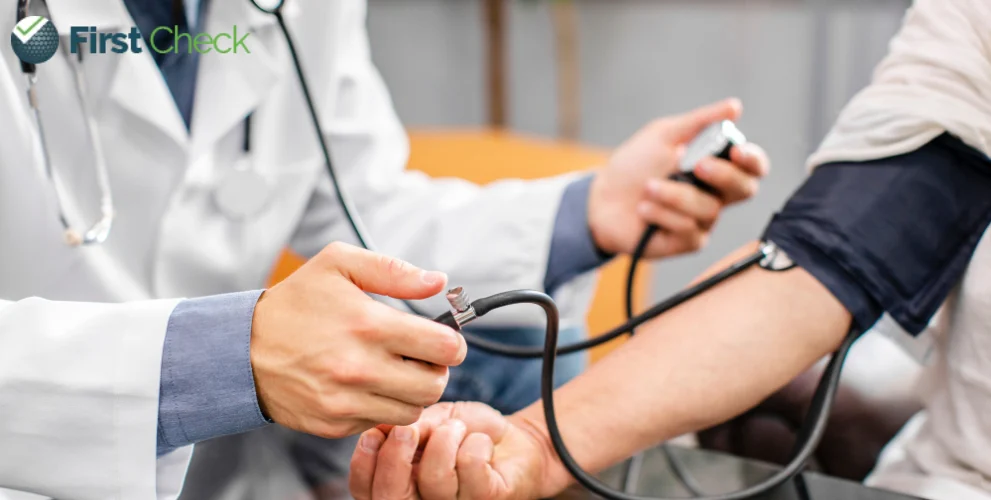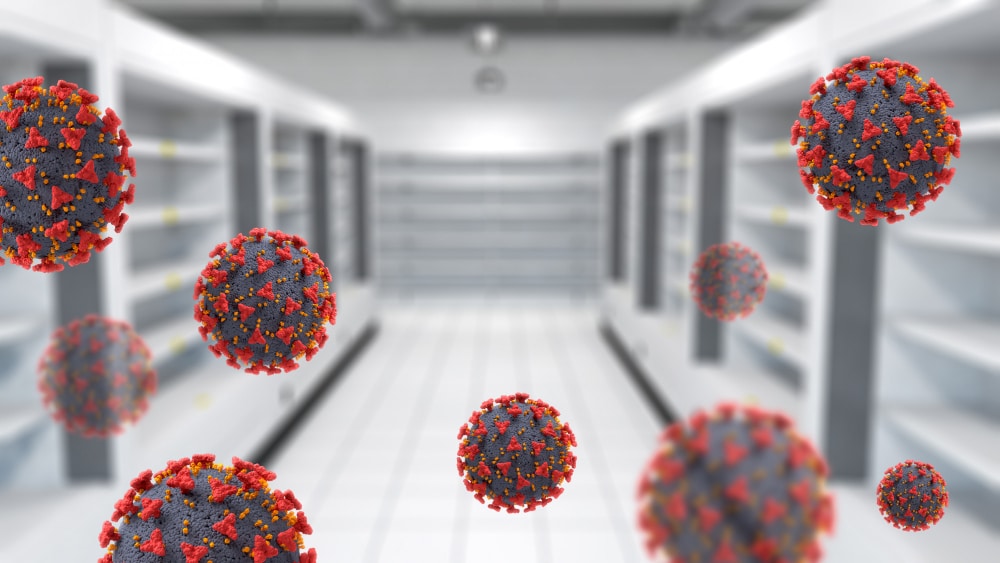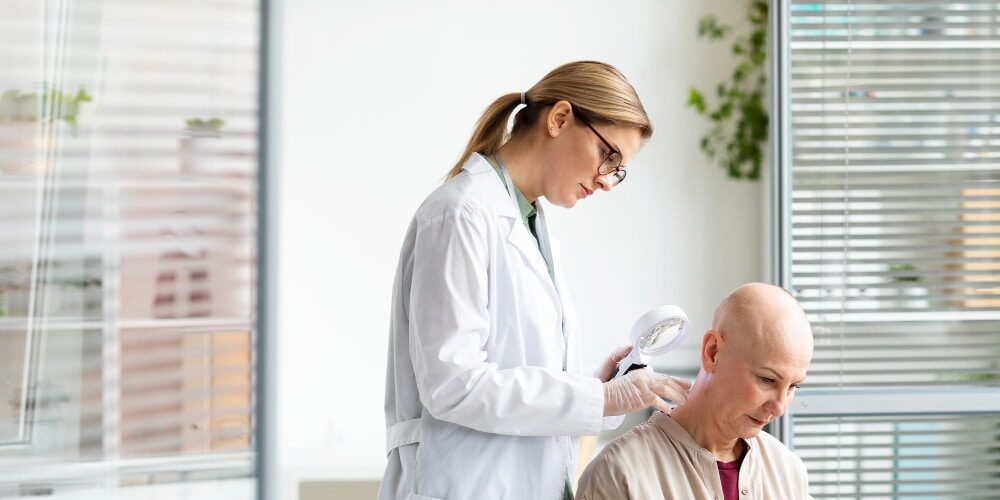Although one may not feel sick at first, if the condition isn’t treated on time, it can lead to grave consequences, and even death.
High blood pressure (BP) or hypertension is often called a “silent killer” because you can have it and not know it. It is a serious disease that affects almost half of American women, says a recent social media post by the United States Food and Drug Administration (U.S. FDA).
Although one may not feel sick at first, if the condition isn’t treated on time, it can lead to grave consequences, and even death. The advisory from the FDA Office of Women’s Health underscores the importance of taking BP medicine every day. “Take your medicine even when your blood pressure comes down, even when you do not feel bad. Do not stop taking your medicine until your healthcare provider says that it is ok,” it states.
When you have your BP measured, you are told two numbers; for example, 120/80. Both numbers are important. The first (or top) number is your pressure when your heart beats (systolic pressure). The second number is your pressure when your heart relaxes (diastolic pressure). If the measurement reads 120 systolic and 80 diastolic, you would say, “120 over 80.” A normal BP level is usually considered to be less than 120/80.
The higher your BP, the greater your risk for other health problems, such as heart disease, heart attack, and stroke. Given that BP is the force of your blood pushing against the walls of your arteries as your heart pumps blood, high BP implies that the force against your artery walls is too high.
The good news is that if you eat healthy foods, exercise, and take your medicine every day, you can help control your BP. Many people who take BP medicine do not face any side effects. However, some may experience common problems like headaches, dizziness, or an upset stomach. These often subside after the first few weeks of starting the medication. If the side effects persist or get worse, it’s advisable to talk to your doctor.
Read : Hypertension affects one in three adults globally: WHO global report on hypertension















